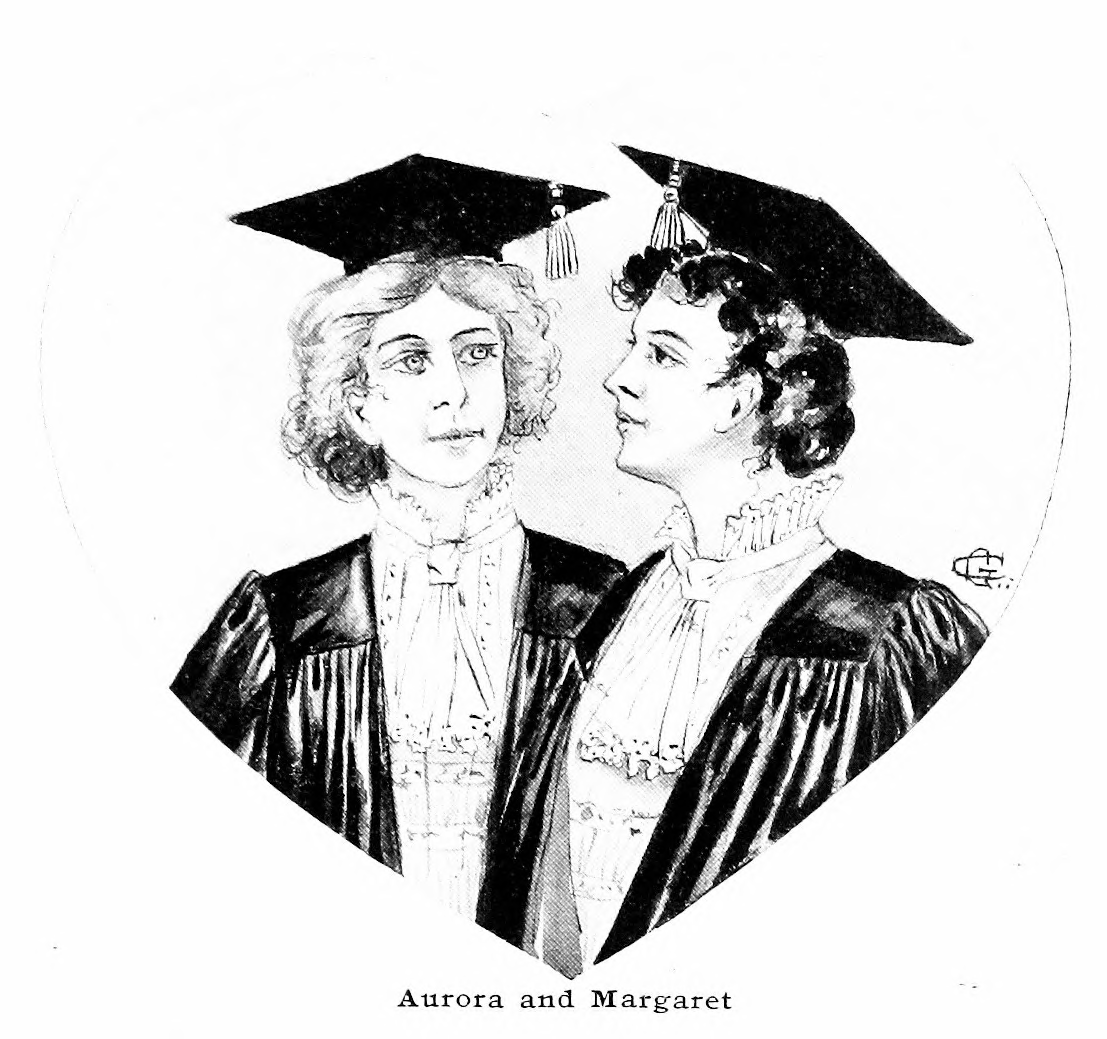|
LGBTQ Themes In Chinese Mythology
Chinese mythology has been described as "rich in stories about homosexuality", reflecting ancient Chinese perspectives toward variance in sexuality and gender, rather than modern views. Chinese myths and traditional folk tales are greatly influenced by religious beliefs, particularly Taoist, Confucian, and Buddhist teachings. Myths include instances of changing gender and sexual activity between members of the same sex, or between humans and supernatural creatures that assume a form of the same sex. Sexuality in Chinese myths Homosexuality in Chinese myths or folk tales may involve explicit physical contact, but may also be represented by more "profound emotions and feelings", making it difficult to unambiguously differentiate a homoerotic relationship from other social relationships, such as a friendship or rivalry. Sexual activity in Chinese myth is often described metaphorically, for example, in military terms. This leads some readers to interpret scenes of combat figuratively ... [...More Info...] [...Related Items...] OR: [Wikipedia] [Google] [Baidu] |
Chinese Mythology
Chinese mythology () is mythology that has been passed down in oral form or recorded in literature throughout the area now known as Greater China. Chinese mythology encompasses a diverse array of myths derived from regional and cultural traditions. Populated with engaging narratives featuring extraordinary individuals and beings endowed with magical powers, these stories often unfold in fantastical mythological realms or historical epochs. Similar to numerous other mythologies, Chinese mythology has historically been regarded, at least partially, as a factual record of the past. Along with Chinese folklore, Chinese mythology forms an important part of Chinese folk religion and Taoism, especially older popular forms of it. Many narratives recounting characters and events from ancient times exhibit a dual tradition: one that presents a more historicized or euhemerized interpretation, and another that offers a more mythological perspective. Numerous myths delve into the creation ... [...More Info...] [...Related Items...] OR: [Wikipedia] [Google] [Baidu] |
Xian (Taoism)
A ''xian'' ( zh, s=仙, t=僊, p=xiān, w=hsien) is any manner of immortal or mythical being within the Taoist Pantheon (religion), pantheon or Chinese folklore. has often been translated into English as "immortal" or "wizard". Traditionally, ''xian'' refers to entities who have attained immortality and supernatural or Magic (supernatural), magical abilities later in life, with a connection to the heavenly realms inaccessible to mortals. This is often achieved through spiritual Self-cultivation#Taoism and the authentic self, self-cultivation, Chinese alchemy, alchemy, or worship by others. This is different from the Deity, gods (Deity, deities) in Chinese mythology and Taoism. ''Xian'' is also used as a descriptor to refer to often benevolent figures of great historical, spiritual and cultural significance. The Quanzhen School of Taoism, Daoism had a variety of definitions for during its history, including a metaphorical meaning where the term simply means a good, principl ... [...More Info...] [...Related Items...] OR: [Wikipedia] [Google] [Baidu] |
LGBT History
LGBTQ history dates back to the first recorded instances of same-sex love, diverse gender identities, and sexualities in ancient civilizations, involving the history of lesbian, Gay men, gay, bisexuality, bisexual, transgender, and queer (LGBTQ) peoples and cultures around the world. What survives after many centuries of persecution—resulting in shame, suppression, and secrecy—has only in more recent decades been pursued and interwoven into more mainstream historical narratives. In 1994, the annual observance of LGBT History Month began in the United States, and it has since been picked up in other countries. This observance involves highlighting the history of LGBTQ people, List of LGBT rights by region, LGBTQ rights and related civil rights movements. It is observed during October in the United States, to include National Coming Out Day on October 11. In the United Kingdom it has been observed during February since 2005: Section 28, which had prohibited local authoritie ... [...More Info...] [...Related Items...] OR: [Wikipedia] [Google] [Baidu] |
LGBT Literature
LGBTQ literature may refer to: * Lesbian literature * Gay literature * Bisexual literature * Transgender literature * Intersex literature * Or any other literature featuring the LGBTQ community By country * LGBTQ literature in Argentina * LGBTQ literature in Australia * LGBTQ literature in Colombia * LGBTQ literature in Ecuador * LGBTQ literature in El Salvador * LGBTQ literature in Iceland * LGBTQ literature in Mexico * LGBTQ literature in Singapore * LGBTQ literature in Spain * LGBTQ literature in the Dutch-language area * Black lesbian literature in the United States {{LGBTQ, academy ... [...More Info...] [...Related Items...] OR: [Wikipedia] [Google] [Baidu] |
LGBT Themes In Speculative Fiction
LGBTQ themes in speculative fiction include lesbian, gay, bisexual, transgender, or queer (LGBTQ) themes in science fiction, fantasy, horror fiction and related genres. Such elements may include an LGBTQ character as the protagonist or a major character, or explorations of sexuality or gender that deviate from the heteronormative. Science fiction and fantasy have traditionally been aimed at a male readership, and can be more restricted than non-genre literature by their conventions of characterisation and the effect that these conventions have on depictions of sexuality and gender. However, speculative fiction also gives authors and readers the freedom to imagine societies that are different from real-life cultures. This freedom makes speculative fiction a useful means of examining sexual bias, by forcing the reader to reconsider their heteronormative cultural assumptions. It has also been claimed by critics such as Nicola Griffith that LGBTQ readers identify strongly with the ... [...More Info...] [...Related Items...] OR: [Wikipedia] [Google] [Baidu] |



